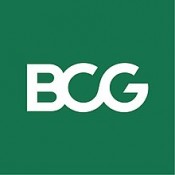Key insights
-
1
Growth of Services Trade
Projected to reach $11.7 trillion by 2032, services trade is growing rapidly.
-
2
Impact of Geopolitics
Geopolitical factors are reshaping how services are delivered globally.
-
3
Regulatory Scrutiny
Digital services face increased regulatory scrutiny, affecting operations.
-
4
Fragmentation of Services
Companies are localizing data storage to comply with diverse regulations.
-
5
Cost Implications
Fragmentation raises operational costs for global service providers.
Takeaways
Businesses must adapt to the evolving landscape of global services trade to remain competitive.


